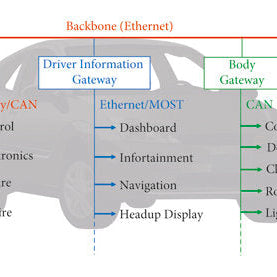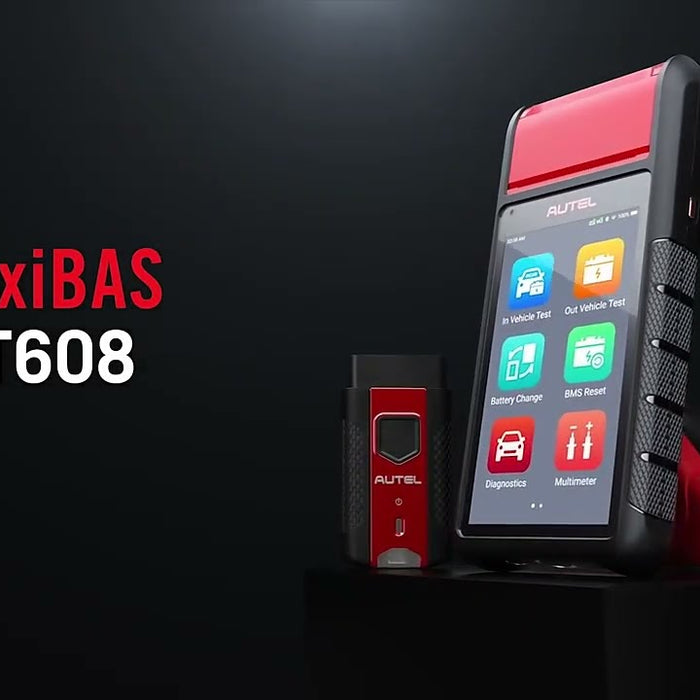The Edison Electric Institute and the Institute for Electric Innovation, project that 26.4 million EVs will be on U.S. roads by 2030. This increase in EV sales also means that charging technology has rapidly expanded and improved, now including home charging, portable charging, and public charging.
Electric car charging is simple, cost-effective and convenient, particularly when you are plugged in at home—filling up your car even while you’re asleep. How long it takes to charge depends on the charging equipment and the size of the car’s battery and its available charging capacity.
Home Charging
Home charging is ideal for drivers with high daily mileage or a strong preference for dedicated home infrastructure. This type of charger will usually be mounted on your wall and rely on a dedicated line to your electrical panel to charge your vehicle. This uses the most electricity, and thus usually requires hardwire installation—meaning you’ll have to connect it directly to your electrical system to account for the higher electrical demand—but it’s the fastest way to reach a full charge.
However, what is noteworthy is that hiring a licensed electrician with experience in the installation of EVs can simplify the process and help ensure that the charger will be set up safely.
Portable Charging
Portable chargers are a great option for drivers who travel frequently, live in rental properties, or otherwise value flexibility. These will utilize existing outlets at your home or on the go, allowing for more flexible charging without requiring a full installation. The speed with which you can reach full charge with a portable model depends on the voltage of the outlet you’re using, so you may end up needing to upgrade the outlet itself if you want faster charging speeds.
Public Charging
Public charging stations are terrific for city dwellers, frequent travelers, and those who are otherwise always on the go. They can also be used as a supplement to home charging or portable charging. It’s important to note that you may need to plan ahead and schedule your charging sessions based on station proximity.
Electric Car Charging Costs
As the shift to electric vehicles (EVs) continues, a fundamental question remains: what does it cost to charge an EV? On average, it costs $0.05 per mile to charge your EV, but the price you pay depends on where you live, your electricity source, your EV battery, and more.
-
You can expect to pay around $0.05 per mile to charge your EV compared to $0.13 per mile to fuel your gas-powered car.
-
You'll likely pay more upfront for an EV than a comparable gas car, but EVs are typically more cost-effective over their lifetime.
-
The cost of charging an EV depends on several factors, including your electricity source, the size of your EV's battery, the type of EV charger you use, where you live, and when you charge your EV.







Leave a comment